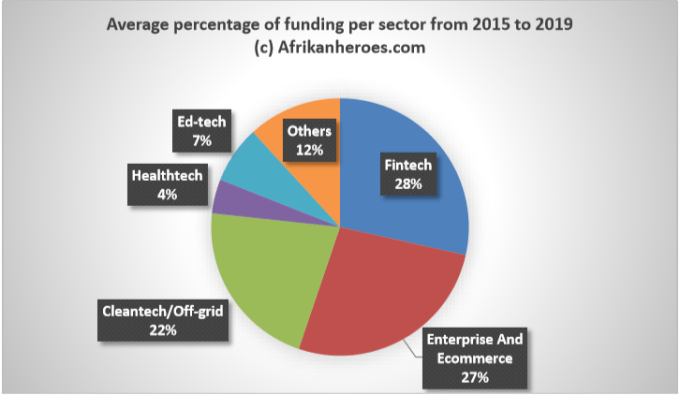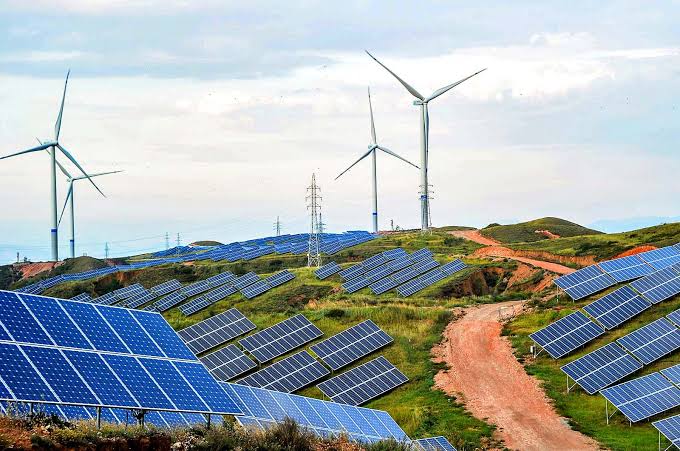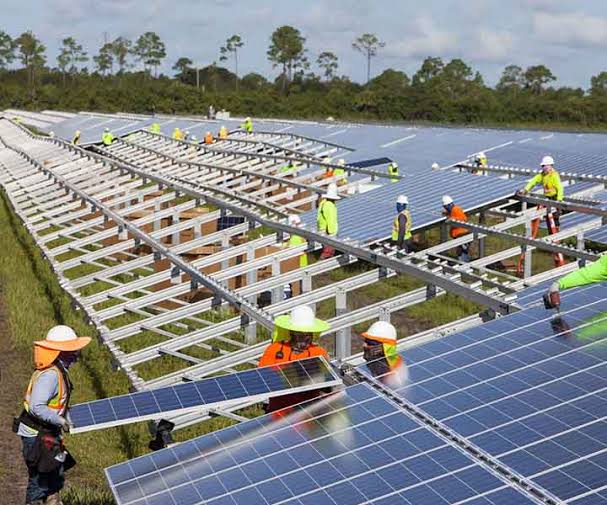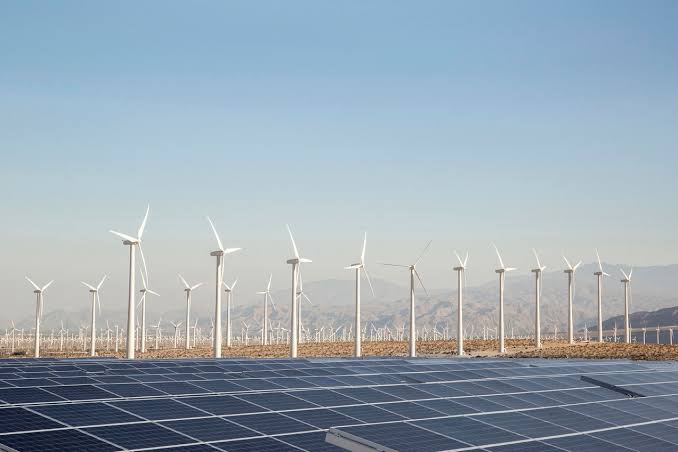Nigerian Startup Daybreak Power Secures $20M From IFC, Plans Arrival In Togo
Nigeria’s Daybreak Power Solutions, a subsidiary of Daystar Power Group, has secured a $20 million debt facility from the International Finance Corporation (IFC). The facility facility will help the startup in its expansion project in Togo and two other countries in the sub-region.

The $20 million is composed of a loan of $10 million in local currency [naira, note], granted by the IFC. The second part will be a subordinated loan of $10 million under the IFC’s Renewable Energy Program for Africa.
While Daystar as a whole plans to raise $100 million over the next three years, it has already successfully raised $38 million in Series B financing from several investors.
The arrival in Togo of Daystar will expand the offers currently available on the market as the country expects universal energy coverage by 2030 in its national electrification strategy.
A Look At Daybreak
Daybreak is 100% owned by Daystar Group. The main sponsor shareholder of Daystar Group is Sunray Group (19.65%) which is the investment vehicle of the founders, Christian Wessels and Jasper Graf von Hardenberg.
Read also :Nigerian Solar Energy Startup, Shyft Power Solutions, Raises $3.1m Seed Round
The other shareholders include the European development finance institutions, IFU (28.51%); PROPARCO (6.62%); STOA (14.26%); Oreon MLI (19.70%), a venture capital company that actively invests in West Africa; Climate Impact Solutions Fund LP (4.99%) as well as Avatown Holdings (4.90%).
Currently having an installed solar capacity of 8.1 MWp on 156 sites, the startup’s objective is to install a solar capacity of 140 MWp by 2024 via a 4-year investment program in the West African sub-region.
Daybreak Power Daybreak Power
Charles Rapulu Udoh

Charles Rapulu Udoh is a Lagos-based lawyer who has advised startups across Africa on issues such as startup funding (Venture Capital, Debt financing, private equity, angel investing etc), taxation, strategies, etc. He also has special focus on the protection of business or brands’ intellectual property rights ( such as trademark, patent or design) across Africa and other foreign jurisdictions.
He is well versed on issues of ESG (sustainability), media and entertainment law, corporate finance and governance.
He is also an award-winning writer
















